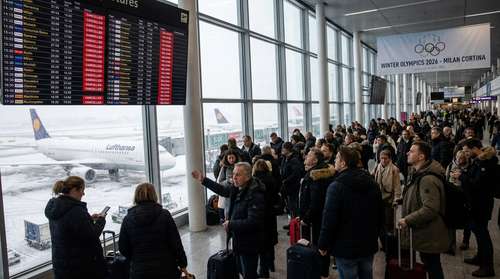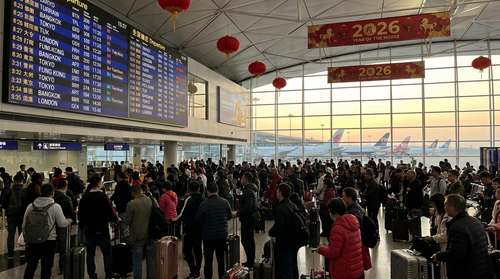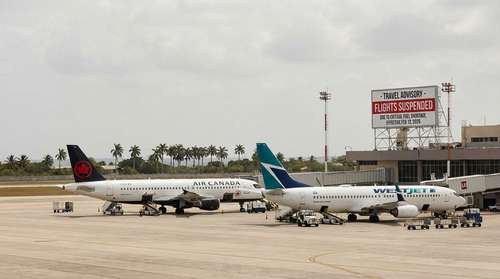Airbnb has initiated legal proceedings against New York City, challenging the implementation of a 2022 ordinance that introduces stringent regulations on short-term rentals. The ordinance, known as Local Law 18, will be enforced starting next month and mandates property owners to register with the mayor's office, disclose co-inhabitants, and adhere to various zoning, construction, and maintenance regulations.
The contentious legislation has sparked a heated dispute between Airbnb and the city, with the platform asserting that the new rules are "extreme and oppressive," effectively constituting a de facto ban on short-term rentals.
Airbnb's lawsuit contends that the registration requirements are intentionally designed to eliminate the short-term rental market in New York City. The company further alleges that the mayor's Office of Special Enforcement neglected to explore viable alternative solutions before implementing the ordinance.
Notably, this is not the first time Airbnb has clashed with New York City authorities over regulations. 2016 the company filed a lawsuit against New York after a ban on advertising short-term rentals was enacted. The legal action was dropped when the city assured Airbnb that it would not enforce the ban. In 2020, Airbnb also settled a lawsuit related to monthly reporting obligations for its listings. The platform contends that the 2022 ordinance violates the terms of both previous settlements.
Three individual Airbnb hosts have also filed a companion lawsuit alongside the platform, arguing that the newly imposed rules are exceedingly complex, making it nearly impossible for hosts – even those intending to be present during guest stays – to utilize the platform effectively.
Amidst the legal battle, the city has emphasized its commitment to maintaining safety, preserving permanent housing, and supporting the recovery of the hospitality sector. New York City holds a prominent position in Airbnb's operations, as evidenced by the platform's assertion that it generated approximately $85 million in net revenue from short-term rentals in the city in 2022. Additionally, the city is home to at least 38,500 active listings on Airbnb as of January 1.

Also Read: Architects Fear New York May Sink Due to its Massive Skyscraper Weights
However, the surge in short-term rentals has generated concern among local activists, politicians, and housing advocates who assert that many listings essentially function as "illegal hotels," exacerbating the city's housing shortage. Critics argue that such listings contribute to reducing available, affordable housing and have prompted efforts to regulate the short-term rental market without an outright ban.
The legal dispute also raises broader questions about the protections offered by Section 230 of the Communications Decency Act. This federal law grants certain immunities to online platforms for content posted by their users. Airbnb's lawsuit alleges that the city's regulations attempt to hold the platform accountable as a "publisher" of third-party content, potentially infringing upon the protections granted by Section 230.
In the context of this ongoing conflict, the outcome of the legal proceedings could have implications for Airbnb and New York City and the broader debate surrounding the responsibilities and liabilities of online platforms. As similar registration schemes have been implemented in other cities, including Santa Monica, Boston, and San Francisco, the outcome of this lawsuit may serve as a precedent with potential repercussions for short-term rental regulations across the nation.




